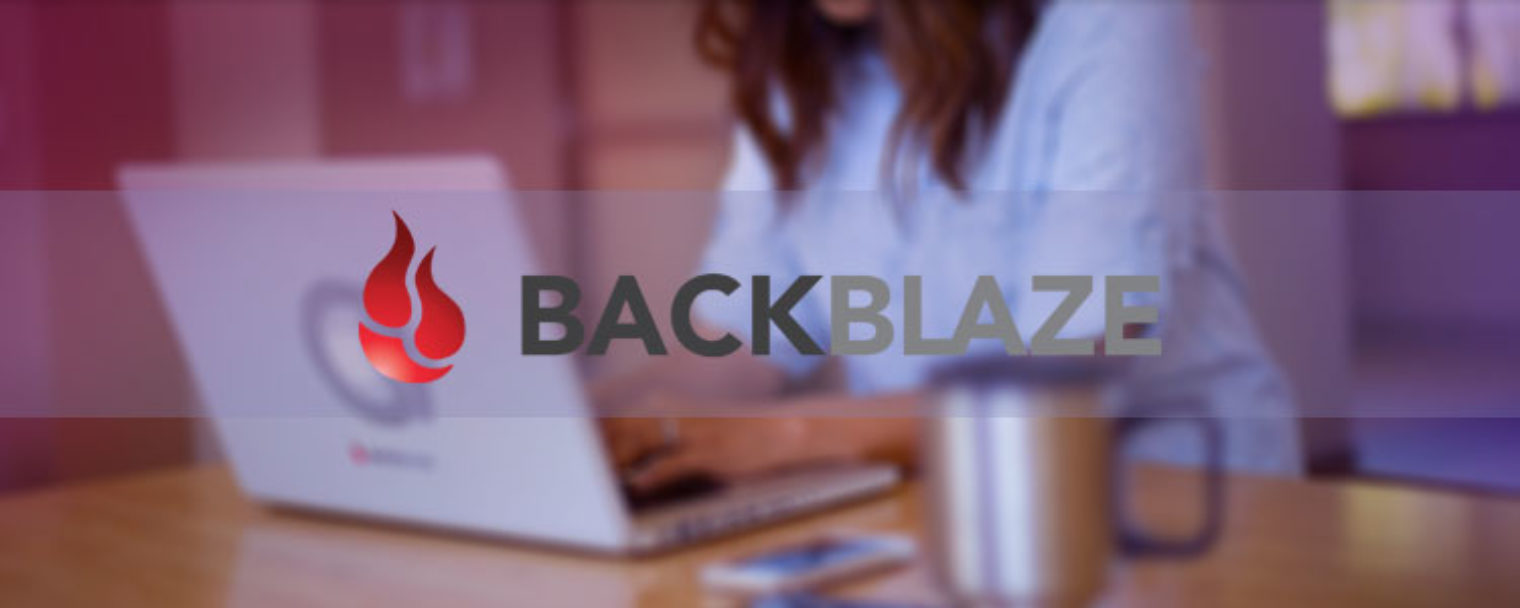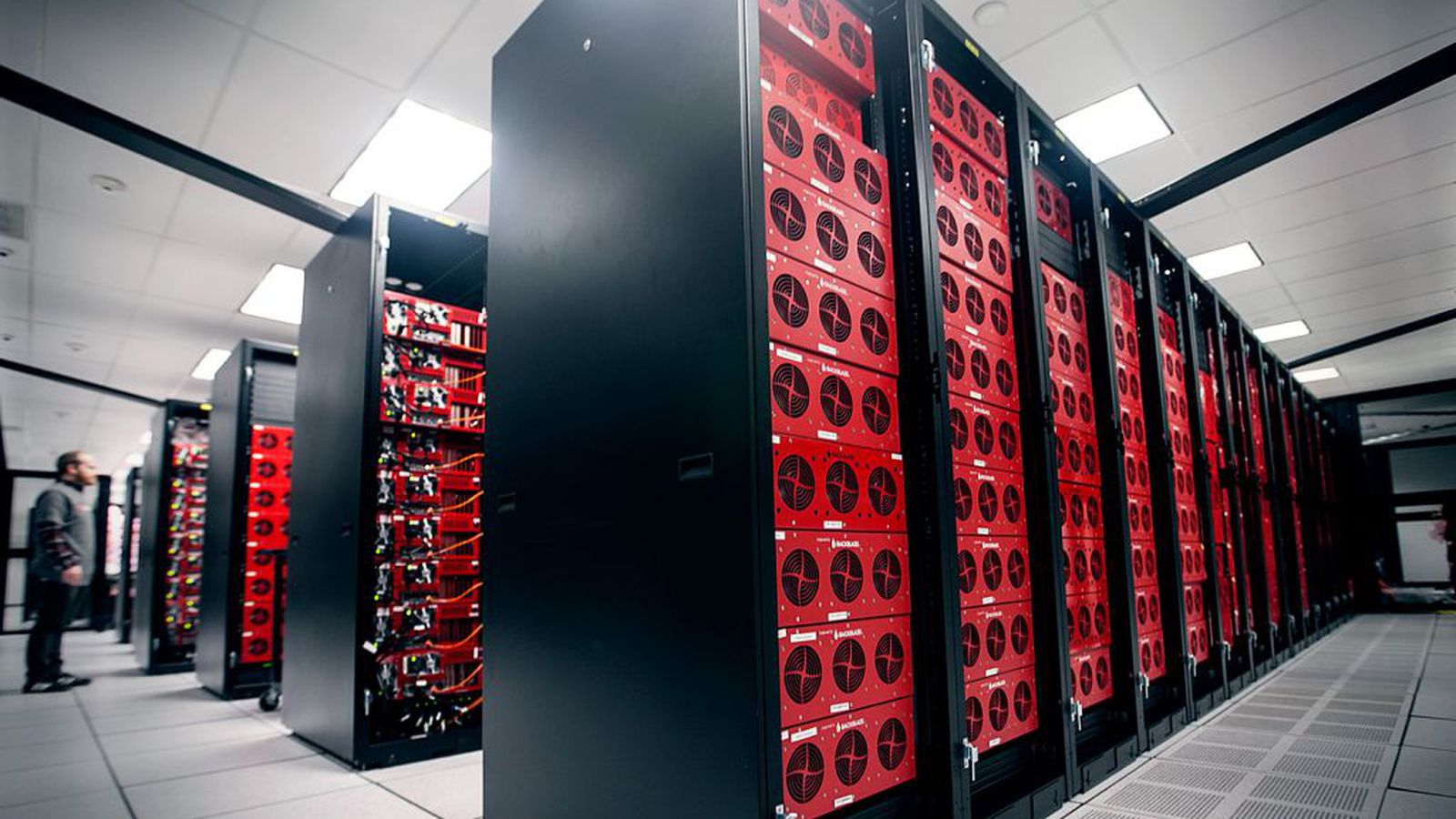

The software required to do this isn’t quite there yet, but you still have some options.īackblaze B2 hosted network storage service is affordable for storing backups. Such tasks will reduce performance for research workflows jobs running on HPC infrastructure.I’ve reviewed the different possible options for backing up your Windows 10 computer with Windows Backup (formerly known as File History) to the ultra-cheap backup storage provider Backblaze B2. IMPORTANT: Data protection tasks can consume more storage/network bandwidth than most other IT tasks.


Researchers wanting additional data protection may want to look into: If you want to backup your research data, or your personal computing device(s), you will need to find and fund another target for such backup requirements. Researchers are not permitted to perform regular/routine backups to/from HPC infrastructure. JCU does not provide resources for housing multiple copies of research data (multiple backups or similar). JCU provides (will provide) storage to house the primary copy of research data you require access to. is possible, QCIF may charge JCU/you for such recovery requests. While recovery from accidental deletion, ransomware, etc. In the event of a disaster (e.g., fire in datacentre), all but the most recent changes (<1 day) would be recoverable. It goes without saying that there is no protection against accidental deletion of files or ransomware or similar compromises.ĭata stored on the /gpfs01 filesystem (via our medici cache) is backed up by QCIF. In the event of a disaster (e.g., fire in datacentre), all data on these filesystems would be lost. Please be aware that research data stored on JCU HPC ( /home & /scratch filesystems) is not backed up.


 0 kommentar(er)
0 kommentar(er)
